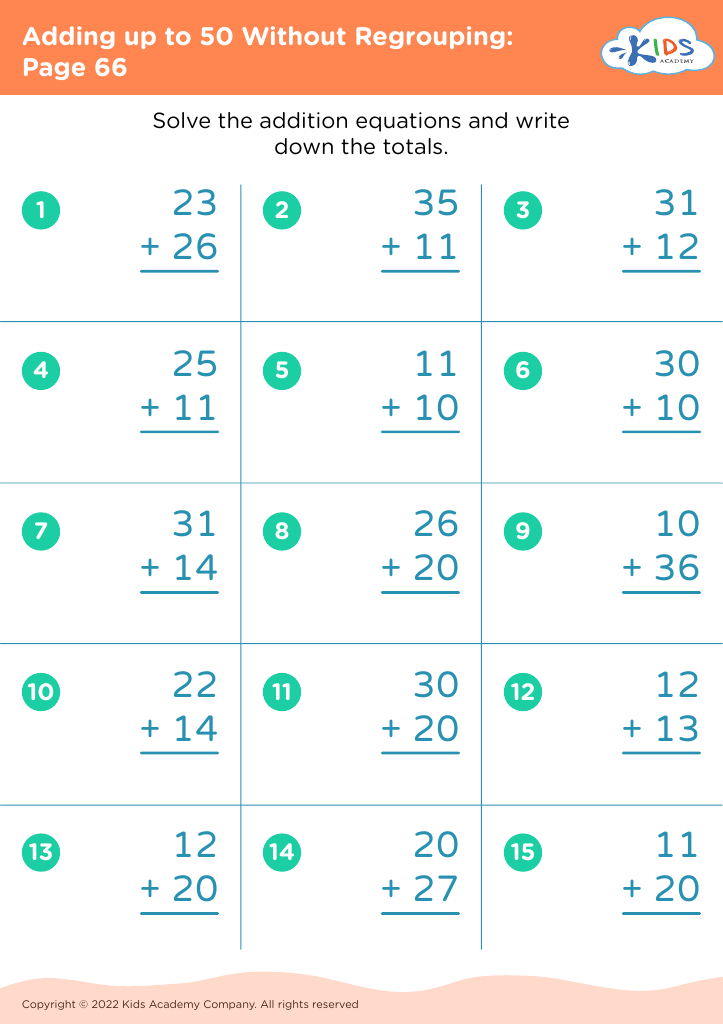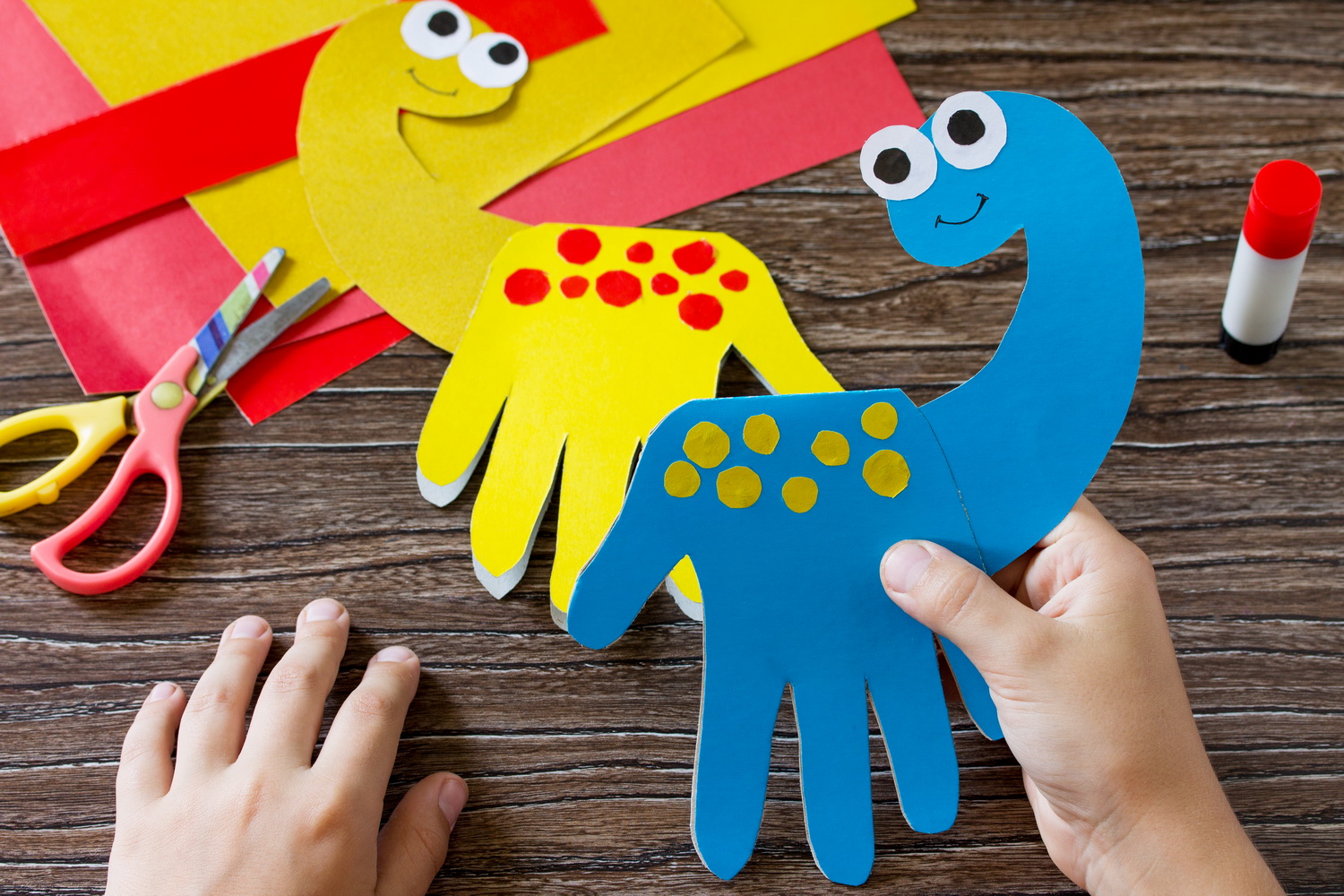Practice division Worksheets for Ages 8-9
3 filtered results
-
From - To
Enhance your child's math proficiency with our Practice Division Worksheets designed for ages 8-9. These engaging, educational resources offer a variety of problems to help students master the art of division. Each worksheet focuses on key concepts such as equal grouping, sharing, and long division. With colorful illustrations and fun themes, learning becomes an exciting adventure. Perfect for classroom or at-home practice, these worksheets are an invaluable tool for reinforcing division skills and building confidence in young learners. Download now from Kids Academy and watch your child's mathematical abilities grow!
Parents and teachers should prioritize practicing division with children aged 8-9 because it lays the groundwork for advanced mathematical concepts and everyday problem-solving skills. At this development stage, children are transitioning from simple arithmetic to more complex operations. Mastering division helps them understand the relationship between multiplication and division, reinforcing their overall number sense.
Early practice in division also fosters critical thinking and analytical skills. When children solve division problems, they learn to sequence steps, recognize patterns, and build strategies, which are crucial for tackling higher-level math challenges. This skill set is not limited to mathematics alone; it enhances cognitive abilities that are applicable across various subjects and real-life situations.
Additionally, cultivating confidence and proficiency in division at an early age boosts a child's self-esteem and encourages a positive attitude towards learning. When children face division problems without anxiety, they are more likely to embrace new, challenging topics enthusiastically.
Incorporating engaging, hands-on methods like dividing items in practical activities or using visual aids can make learning more enjoyable and effective. Overall, fostering strong division skills in children aged 8-9 sets a solid foundation for their academic success and equips them with valuable tools for intellectual growth and daily life.










.jpg)









